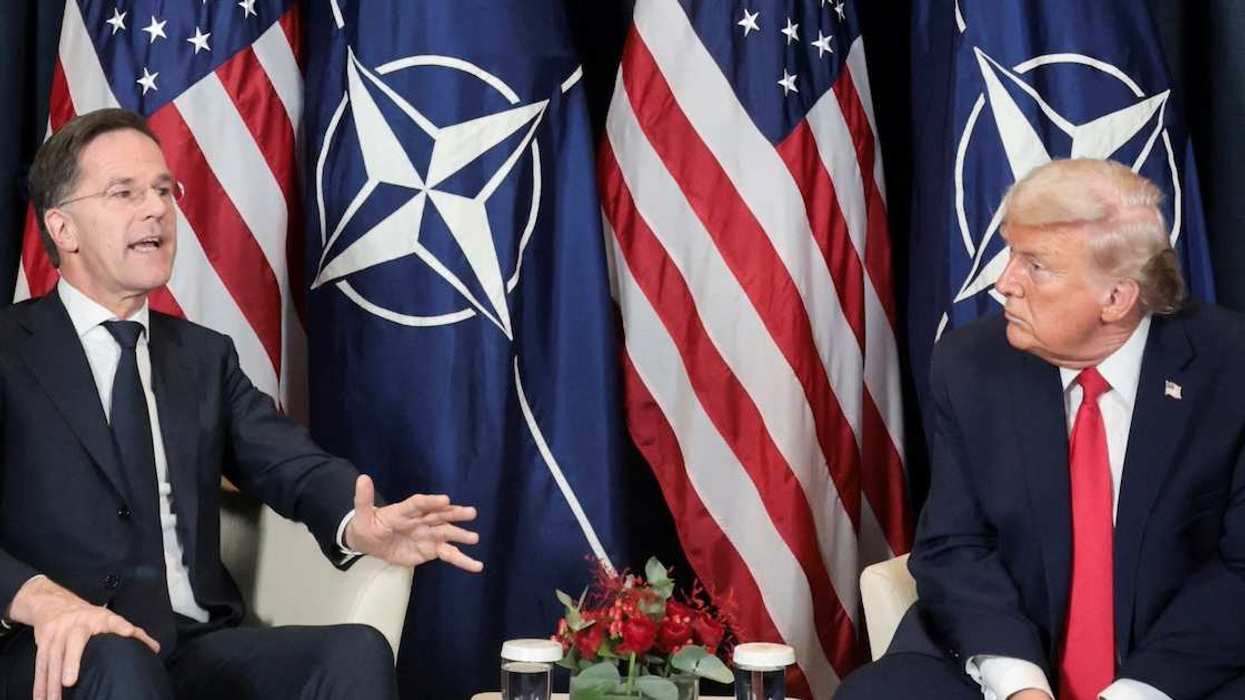On Friday and Saturday, India and Japan responded to President Joe Biden’s gaffe at a campaign fundraiser last week in which he called the two nations “xenophobic.”
The US government later clarified that Biden’s comments meant to explain "that the US is a nation of immigrants and that immigrants make the US stronger” and did not have "the intent of undermining" the US-Japan relationship.
Still, Tokyo was not amused. Japan’s embassy in Washington said “the comments were not based on an accurate understanding of Japan's policies.”
New Delhi wasn’t impressed either. India’s Minister of External Affairs Subrahmanyam Jaishankar said India was open to people “who have a claim to come to India” and highlighted its strong economy.
Having described the US-Japan alliance as "unbreakable" and noted India’s “democratic character” and “diversity” during a state visit last year, Biden’s latest comments contradict previous efforts to sweet-talk these key Indo-Pacific allies. But considering their common geopolitical interests, especially when it comes to China, Tokyo and New Delhi are unlikely to let the gaffe sour their relationship with Washington.

















